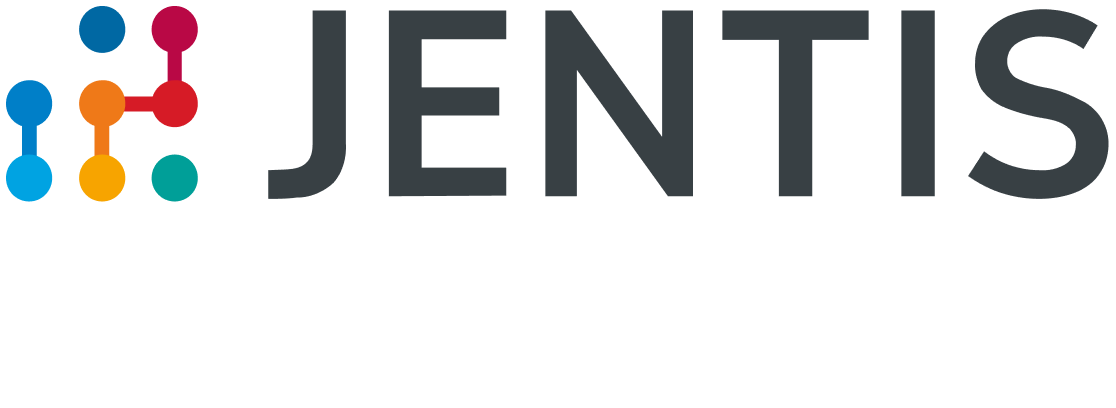What you will discover
- A clear overview of the strengths and limitations of a variety of approaches to closing the gaps in your marketing measurement.
- Practical insights on how to combine attribution, marketing mix modeling (MMM), and incrementality tests effectively for better insights.
- The role of incrementality testing in modern marketing measurement, plus a breakdown of the different testing approaches at your disposal.
- How synthetic users enable you to effectively close data gaps and optimize campaign performance while ensuring full compliance with privacy laws.
Join us in the FELD M office in Munich on July 3, 2025, from 6 pm, for an evening of insight-rich talks by expert speakers from FELD M and JENTIS, followed by a Q&A session. You'll of course also have the chance to network and enjoy the exchange with other marketers, accompanied by drinks and snacks.
Agenda
- Marketing Measurement Triangulation - a magical solution to bridge the marketing data gap?!
Dr. Isabelle Kes, Senior Consultant for Marketing Measurement & Data Strategy, FELD M- Maximizing ROAS and privacy with AI-powered conversion tracking
Thomas Tauchner, Founder & CEO, JENTIS- Beyond attribution: Why experimentation and incrementality testing are the future of marketing measurement
Alexander Eiting, Senior Consultant for Marketing Measurement & Privacy, FELD M

There is growing interest in using triangulation to improve marketing measurement. Yet, there is still no shared understanding — or consensus — on how to combine attribution, marketing mix modeling (MMM), and incrementality tests effectively.
Dr. Isabelle Kes will use practical examples and insights into the scientific discourse to shed light on these approaches. She will show how triangulation can address the challenges of marketing measurement — but also where its limits remain.
Further, she will give an overview how marketing measurement should be anchored in a company to ensure sustainable usage.

Ad-blockers, tracking prevention, and incomplete consent make accurate measurement harder, especially under strict privacy rules. These data gaps disrupt attribution and weaken campaign performance.
Pixum and Giesswein tackled this challenge with server-side tracking and AI-powered Synthetic Users—recovering lost conversion data and boosting ROAS by 10–25%, even in privacy-restrictive environments like Safari.
In this session, Thomas Tauchner shares insights from these real-world projects and shows how to close data gaps and improve measurement quality while staying compliant.

Attribution and marketing mix models alone can’t capture the full picture of marketing effectiveness. Experiments and incrementality testing offer a clearer view of true causal impact — not just correlations.
In this session, we’ll explore how experimental design fits into a broader strategy of measurement triangulation. We’ll discuss the strengths and limitations of different testing approaches and share solutions to common challenges.
Discover why incrementality testing is not just a method, but a mindset – and why it should be at the heart of modern marketing measurement strategies.
Increase your revenue with targeted marketing measurement
Identify and tackle the most important applications of AI in your organization